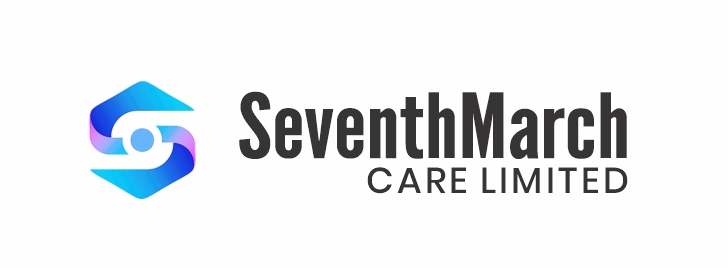Relationship between alcohol and primary headaches: a systematic review and meta-analysis Full Text
Histamine is a compound that can dilate blood vessels and contribute to headache and migraine symptoms. However, it is crucial to recognise that triggers for migraines can vary greatly from person to person, and what causes a migraine in one individual may not affect another. The relationship between alcohol and migraines is complex and not yet fully understood. Some studies suggest that alcohol can trigger migraines in certain individuals, while others find no significant association.
Alcohol: A Trigger for Headaches and Migraines
- People who get hangovers that trigger a migraine may also wish to avoid alcohol with high levels of congeners.
- Scientists are still trying to understand how or why alcohol acts as a trigger for some people who suffer from migraines.
- Keep reading to learn more about the connection between migraine and alcohol.
- Although neither type of berry or botanical is a common migraine trigger, they could be triggers for some people.
After a night on the town, it’s easy to blame a headache on too much alcohol. But can alcohol cause migraines if you’re prone to migraine headaches, drinking even a small amount of alcohol can bring on an attack. Nausea and/or vomiting is just one of many symptoms a person living with migraine might experience.
DATA AVAILABILITY STATEMENT
- The similarity between the symptomatology of these two common disorders, migraine and hangover, has led us to compare alcohol hangover symptoms in migraine sufferers and nonsufferers.
- Most of the more serious symptoms of alcohol withdrawal will go away after detoxing in a rehab center or under the supervision of a doctor, which takes about a week.
- In addition to red wine, other alcoholic beverages, including beer, white wine, and liqueur, have also been reported as headache triggers.
However, knowing the effects alcohol may have on your body and migraine attacks could help you make up your mind. The investigators even found a slightly lower probability of a migraine attack on the second day after alcohol consumption. Figure 1A shows the individual probabilities of migraine attack, when no alcohol was consumed on either day‐1 or day‐2.
Table 3.
- Ultimately, the decision of whether or not to consume alcoholic drinks is up to you.
- Low doses of alcohol during meals significantly lower the frequency of induced-attacks and the alcoholic consumption during stress was related to higher migraine attack frequency 37.
- This is especially true for people prone to headaches or migraine without alcohol.
These genes may affect the likelihood of experiencing symptoms such as headaches after drinking small amounts. A tendency toward migraine may also play a role in hangovers, especially hangovers that cause migraine-like headaches. A 2014 survey of 692 students, 95 of whom had migraine, found that those with migraine were more likely to experience migraine-like symptoms during a hangover. Many things can trigger a migraine, from stress at work to changes in the weather to foods like aged cheese.
- This indicates that people with migraine and other headache diseases may be more likely to give up alcohol because they perceive it as a possible migraine trigger.
- If this happens, it is more helpful to treat the condition as a migraine, rather than as a sinus headache or sinus infection.
- When migraine sufferers, also called migraineurs, are asked to list their food and beverage migraine triggers, alcohol is named the most often.
- If you’re unsure whether alcohol is triggering your migraine, keep a detailed migraine journal that includes any foods and alcohol consumed throughout the week.
Additionally, patients and physicians should consider the latest medical knowledge to avoid perpetuating the myths about alcohol consumption and primary headaches. Additionally, it would be useful to check whether migraine patients enjoy the advantages or disadvantages of less drinking. Various retrospective studies show that a high percentage (about one-third) of migraine patients refer alcohol as a trigger factor. However, this factor is frequently reported at about 10%, which is a percentage more plausible. No significant differences appeared between the migraines with or without aura and between migraine and tension headache.




